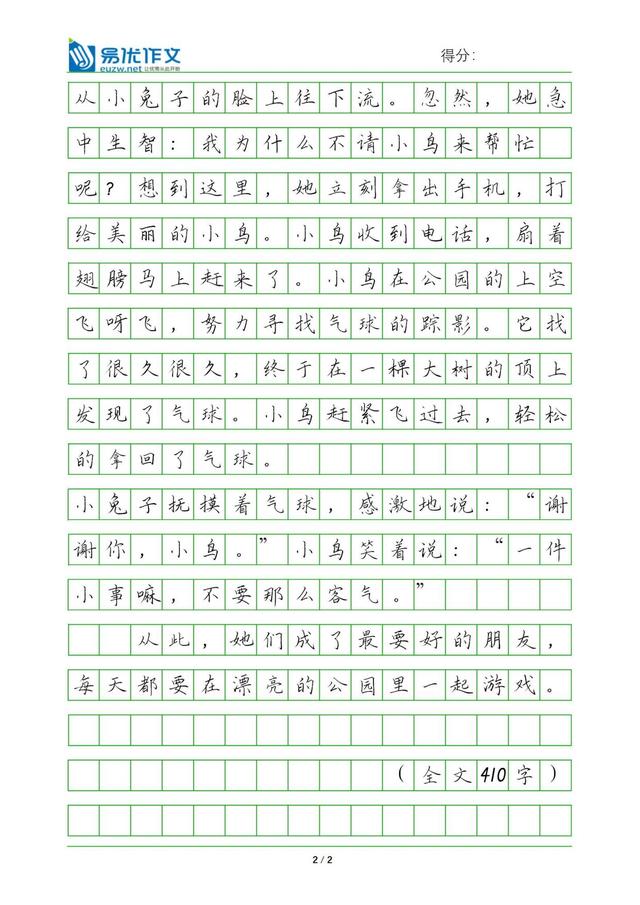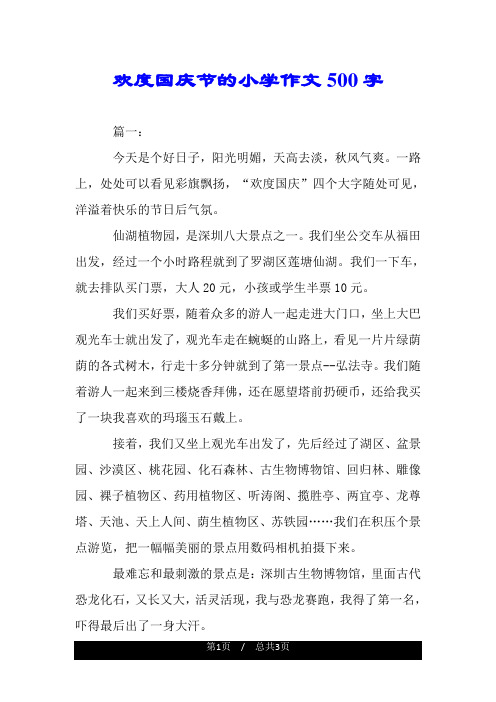环境保护英语作文高中(环保主题英文作文)
环境保护英语作文高中指南
I. Introduction
A.引出话题的重要性
Environmental protection is a crucial issue that concerns the health of our planet and the future of all living beings. It is essential for us to take action to preserve our natural resources and reduce our ecological footprint. This essay aims to provide an overview of the importance of environmental protection in the context of high school English writing, including how it relates to language skills such as vocabulary, grammar, and sentence structure, and how it impacts various aspects of education and society.
A.定义环境保护和英语作文的关系
The relationship between environmental protection and English writing is multifaceted. Environmental protection requires the use of advanced vocabulary related to nature, ecosystems, and sustainable development. Additionally, it necessitates the use of sophisticated writing techniques that can convey complex ideas in a clear and persuasive manner. In this essay, we will explore how environmental issues can be effectively addressed in high school English compositions by utilizing advanced vocabulary, advanced grammar structures, and rhetorical devices.
I
I. Advanced Vocabulary Usage
A.Importance of vocabulary in English writing
1.Representing complex concepts
In writing about environmental issues, advanced vocabulary allows writers to represent complex concepts in a clear and precise manner. For instance, using words like "biodiversity," "sustainability," and "carbon footprint" enables writers to convey the diversity of life on Earth and the ways in which humans can maintain a balance with nature.
2.Enhancing understanding of global issues
Advances in vocabulary also contribute to the enhancement of understanding of global issues. By using specific words, such as "green economy" or "carbon capture technology," writers can help readers grasp the implications of environmental protection on economic and technological advancements.
A.Techniques for using advanced vocabulary in essays
1.Using specialized vocabulary
When writing on topics such as climate change or pollution, writers should utilize specialized vocabulary to enhance their argument. For example, instead of using generic terms for "pollution," they might use more nuanced terms such as "anthropogenic climate change" or "industrial pollution."
2.Using contextualized vocabulary
Advanced vocabulary should be used in context. This means that the word should fit within the overall meaning of the paragraph. For instance, when discussing the effects of deforestation on the environment, the writer could employ terms like "carbon credits" or "carbon offsets." These words are contextually appropriate because they refer to specific actions taken by businesses to compensate for the emissions they cause.
II
I. Advanced Grammar Structures
A.Understanding advanced grammar structures in English writing
1.Paragraph organization
Advanced grammar structures play a vital role in organizing information in paragraphs. For instance, using transitional phrases like "moreover," "consequently," or "in addition" can help connect ideas in a smoother way.
2.Sentence complexity
Advanced sentences often contain multiple clauses and complex grammatical structures. For instance, using a dependent clause followed by an independent clause can create a sense of tension and drama in a narrative.
3.Syntax and sentence flow
Advanced syntax structures allow writers to create a rhythm and flow in their writing. Using repetition and parallelism can add emphasis to key points and enhance the readability of sentences. For example, repeating a phrase or sentence structure at the beginning or end of a paragraph can create a sense of momentum.
A.Applying advanced grammar structures in essays
1.Using complex sentence structures
Advanced grammar structures can be used to make arguments more persuasive and engaging. For example, employing a compound sentence structure can create a sense of depth and complexity in the text.
2.Using literary devices
Literary devices can be used to enhance the language and style of an essay. For instance, using metaphors or similes can add color and richness to descriptions of natural landscapes.
3.Adapting to different writing styles
Advanced grammar structures should not be used exclusively for formal writing but can also be adapted to various writing styles, from academic essays to personal reflections. For example, using casual language in a casual letter or using formal language in a research paper would require a different level of sophistication in grammar usage.
IV.Rhetorical Devices
A.Explanatory vs. persuasive uses of rhetoric in writing
The effectiveness of rhetorical devices in writing depends on whether they are used for explanation or persuasion. For example, an explanatory paragraph may use reductio ad absurdum (making an untrue claim absurd) or analogy (using something familiar as a basis for comparison) to illustrate a point, whereas a persuasive paragraph may use repetition, parallelism, and irony to persuade the reader.
In writing about environmental issues, rhetorical devices can help writers communicate complex ideas in a more compelling manner. For instance, using hyperbole (an exaggerated statement) can emphasize the seriousness of an issue, while irony can subtly criticize a particular viewpoint without offending readers.
A.Examples of advanced rhetorical devices in environmental writing
1.Metaphor: A metaphor is a figure of speech that describes one thing as another. For example, "climate change is like a thief who steals our rain forests" uses a metaphor to convey the harmful impact of climate change on the environment.
2.Simile: A simile is a comparison made using words similar in sound to those used in a metaphor. For example, "the ocean is like a vast ocean" uses a simile to emphasize the vastness of the ocean.
3.Irony: Irony involves using words in a way that contradicts what is meant or what is expected. For example, an article that states "we must protect our environment" can be ironic if it implies that people do not care about environmental issues.
4.Allusion: An allusion is a reference to a famous or well-known work of literature, song, person, etc. In environmental writing, allusions can add depth to arguments or provide a cultural context for readers who are familiar with the subject.
5.Personification: Personification involves making nonhuman objects seem like humans. For instance, describing the wind as a "whispering friend" or trees as "friends" adds a human element to nature, making it more relatable and engaging.
V.Conclusion
A.Recap of the importance of environmental protection in English writing
The integration of advanced vocabulary, advanced grammar structures, and rhetorical devices into high school English compositions can greatly enhance the clarity, precision, and persuasiveness of arguments concerning environmental protection. By utilizing these elements in their writing, students can communicate complex ideas effectively while demonstrating their mastery of advanced language skills.
A.Final thoughts on the significance of environmental education in high school English classes
Environmental education plays a critical role in preparing students for the realities of global citizenship and sustainability. By incorporating advanced vocabulary and advanced language techniques, teachers can help students develop critical thinking skills, foster creativity, and prepare them for the challenges of the modern world. As students become informed and engaged citizens, they will be better equipped to advocate for environmental protection and make positive changes to their communities and beyond.




